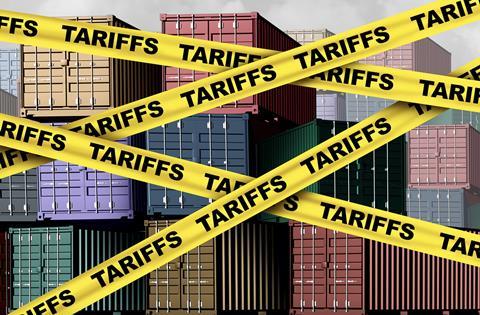As tariffs take the headlines, the global trade system is entering a critical phase that threatens vulnerable and poor economies in particular

With major economies set to impose sweeping new tariffs, UN Trade and Development (UNCTAD) has alerted that the global trade system is entering a critical phase.
The upheaval threatened growth, investment and development progress, particularly for the most vulnerable economies, it noted.
“This hurts the vulnerable and the poor,” said UNCTAD secretary-general Rebeca Grynspan. “Trade must not become another source of instability. It should serve development and global growth.”
For businesses and policymakers alike, unpredictability and uncertainty in trade and investment were becoming a ”serious obstacle to growth and planning”, it said.
Just ten of the nearly 200 US trade partners accounted for almost 90 per cent of its trade deficit.
Yet, for example, least developed countries and small island developing states – responsible for just 1.6 per cent and 0.4 per cent of the deficit, respectively – were being affected.
”They will neither help balance the trade deficit nor generate significant revenue,” UNCTAD continued.
Many low-income economies now faced a “perfect storm” of worsening external conditions, unsustainable debt levels, and slowing domestic growth.
While the need for trade reform was clear, UNCTAD stressed that the solution must come through dialogue and negotiation.
Trade imbalances, concentrated gains, and outdated rules must be addressed , it said – without sacrificing those least responsible.
“This is a time for cooperation – not escalation,” Grynspan said. “Global trade rules must evolve to reflect today’s challenges, but they must do so with predictability and development at their core, protecting the most vulnerable.”
UNCTAD called on decision makers to urgently reconsider the tariffs imposed on the vulnerable countries, as these measures could inflict ”great pain on millions of people”.



